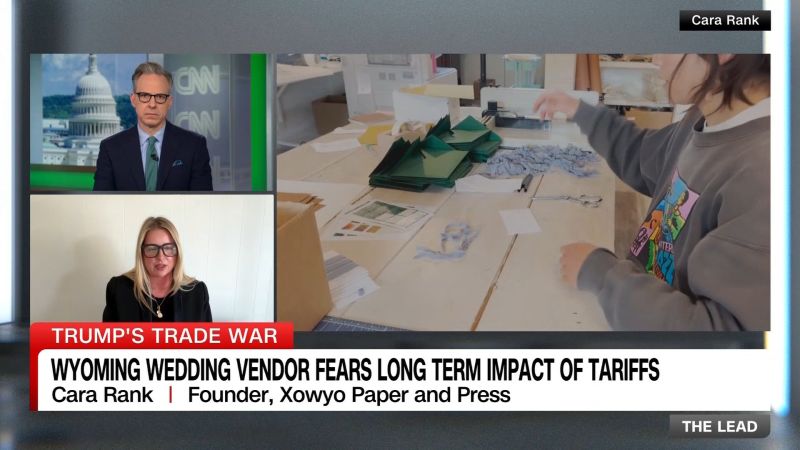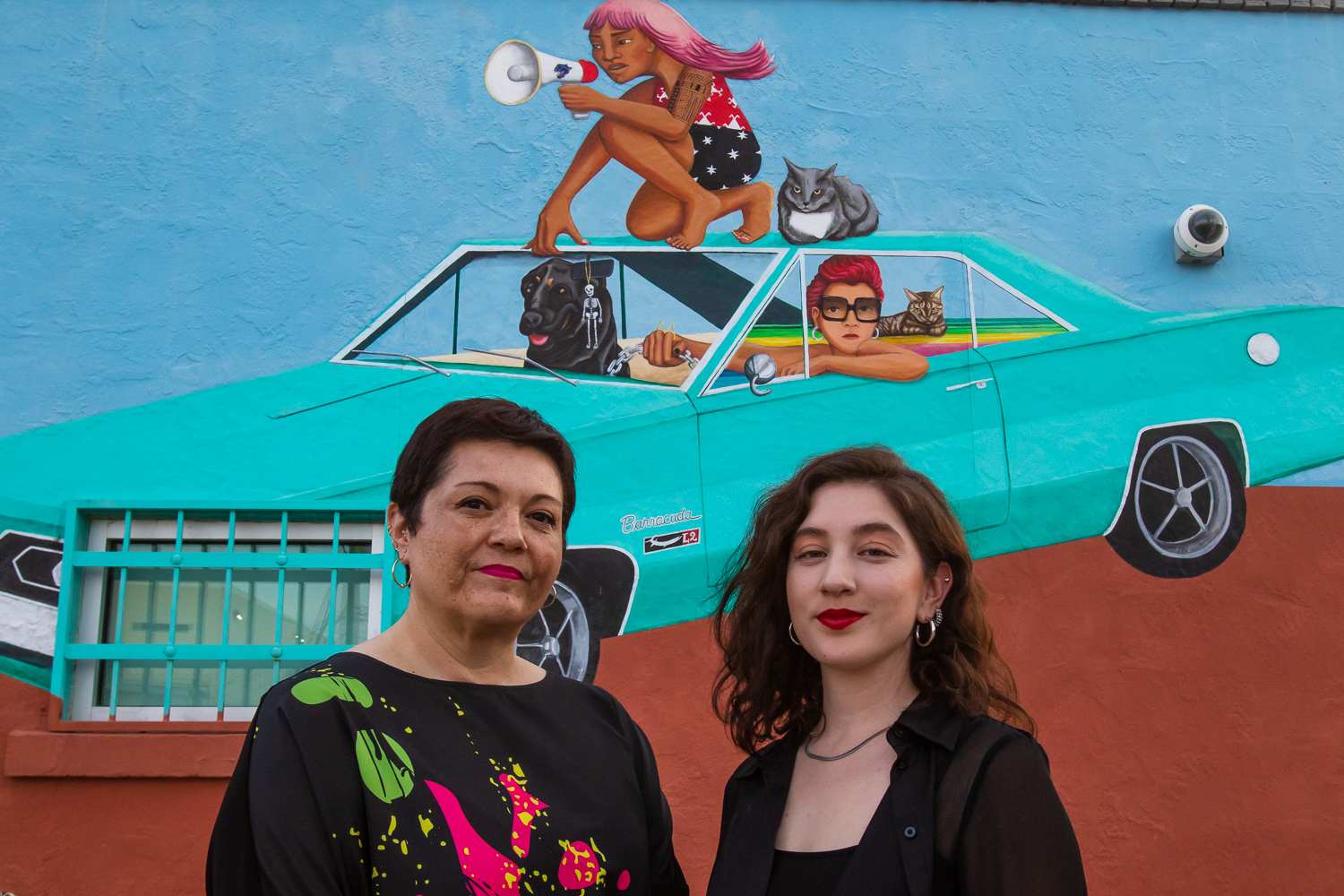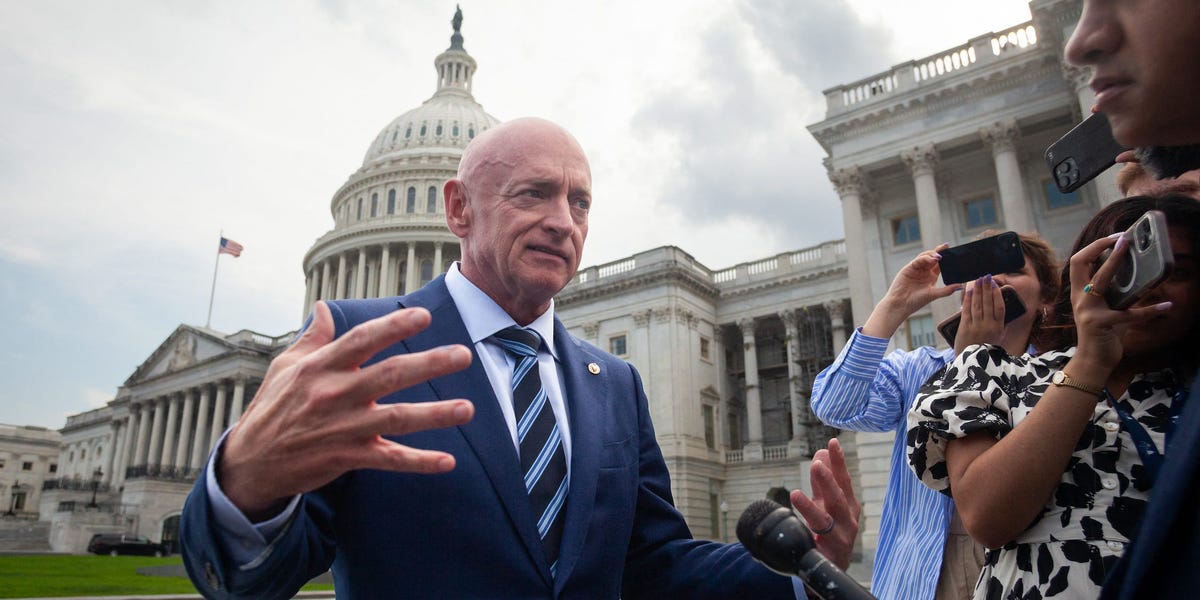From Vatican to Wall Street: Pope Francis' Economic Revolution
Business
2025-04-21 19:59:21Content

Pope Francis, a transformative leader who championed social justice and economic equality, passed away at 88, leaving behind a remarkable legacy of compassion and reform. During his 12-year pontificate, he consistently challenged global economic systems, advocating passionately for the marginalized and calling for greater opportunities for the world's poor and youth.
Throughout his papacy, Francis was known for his progressive approach to economic issues, frequently speaking out against economic inequality and urging world leaders to create more inclusive economic structures. His commitment to social justice extended beyond rhetoric, as he consistently pushed for practical solutions to address poverty and provide meaningful opportunities for disadvantaged communities.
The late pontiff's economic vision was deeply rooted in his belief in human dignity, emphasizing that economic systems should prioritize people over profit. His powerful messages resonated globally, inspiring conversations about economic reform and social responsibility across religious and secular boundaries.
Pope Francis's death marks the end of an era characterized by bold leadership, compassionate advocacy, and a profound commitment to addressing global economic challenges.
The Legacy of Pope Francis: A Transformative Decade of Spiritual and Social Leadership
In the annals of modern Catholic history, few pontiffs have left as profound a mark on global consciousness as Pope Francis, whose remarkable journey of leadership transcended traditional ecclesiastical boundaries and challenged fundamental societal paradigms.A Pontiff Who Reshaped Global Perspectives on Compassion and Social Justice
Reimagining Ecclesiastical Leadership
Pope Francis emerged as a revolutionary figure within the Catholic Church, fundamentally challenging long-standing institutional norms. His approach to leadership was characterized by unprecedented humility and a radical commitment to addressing systemic social inequalities. Unlike his predecessors, he consistently positioned the Church as a dynamic, responsive institution capable of engaging with contemporary global challenges. The Argentine-born pontiff brought a unique perspective to the Vatican, drawing from his experiences in a region historically marked by economic volatility and social stratification. His personal background profoundly influenced his theological and social perspectives, enabling him to connect with marginalized communities in ways that previous papal leaders had not.Economic Empowerment and Social Mobility
Throughout his papacy, Pope Francis emerged as a powerful advocate for economic justice and opportunity. He repeatedly challenged global economic systems that perpetuated poverty and marginalization, particularly emphasizing the critical importance of creating pathways for youth economic empowerment. His economic philosophy transcended traditional charitable approaches, instead advocating for structural reforms that would enable sustainable economic participation. By consistently highlighting the systemic barriers faced by impoverished communities, he pushed for comprehensive strategies that addressed root causes of economic inequality rather than merely treating symptoms.Global Humanitarian Engagement
Pope Francis distinguished himself through an unprecedented commitment to global humanitarian issues. His pontificate was marked by active engagement with complex geopolitical challenges, including migration crises, climate change, and interfaith dialogue. He consistently positioned the Catholic Church as a moral voice advocating for human dignity and global solidarity. His diplomatic approach was characterized by pragmatism and compassion, often challenging traditional geopolitical narratives and encouraging dialogue across seemingly insurmountable cultural and ideological divides. By doing so, he transformed the Vatican's role from a purely spiritual institution to a significant global diplomatic actor.Technological and Generational Transformation
Remarkably, Pope Francis embraced technological platforms and generational shifts in ways that defied traditional ecclesiastical communication strategies. He leveraged social media, engaged with younger demographics, and demonstrated an openness to contemporary cultural dynamics that was unprecedented in papal history. His communication style combined traditional theological wisdom with a modern, accessible approach that resonated with global audiences. By addressing complex theological concepts through relatable language and contemporary contexts, he made spiritual discourse more inclusive and engaging.Spiritual and Institutional Reform
Beyond external engagements, Pope Francis initiated significant internal reforms within the Catholic Church. He confronted historical institutional challenges, addressing issues of transparency, accountability, and modernization with unprecedented candor and commitment. His reforms challenged entrenched power structures, advocating for a more decentralized, responsive ecclesiastical model that prioritized pastoral care and social engagement over rigid institutional hierarchies. This approach represented a profound reimagining of Catholic institutional identity in the 21st century.Legacy of Transformative Leadership
As Pope Francis concludes his remarkable tenure, his legacy extends far beyond traditional ecclesiastical boundaries. He redefined the role of religious leadership in a complex, interconnected global landscape, demonstrating that spiritual institutions could be powerful catalysts for social transformation. His life's work serves as a testament to the potential of compassionate, principled leadership to challenge systemic inequalities and inspire collective human potential. Through his actions, Pope Francis transformed the Catholic Church from a predominantly conservative institution to a dynamic, socially engaged global movement.RELATED NEWS
Business

Shrimp Industry Breathes Easier: Tariff Lifeline Throws South Carolina Seafood Businesses a Crucial Lifeline
2025-04-30 23:30:32
Business

The 'High Agency' Phenomenon: Why Psychologists Are Pushing Back Against the Latest Corporate Catchphrase
2025-03-11 08:00:00
Business

From Stumbles to Triumphs: Entrepreneurs Reveal the Costly Lessons That Shaped Their Success
2025-04-28 14:30:04





